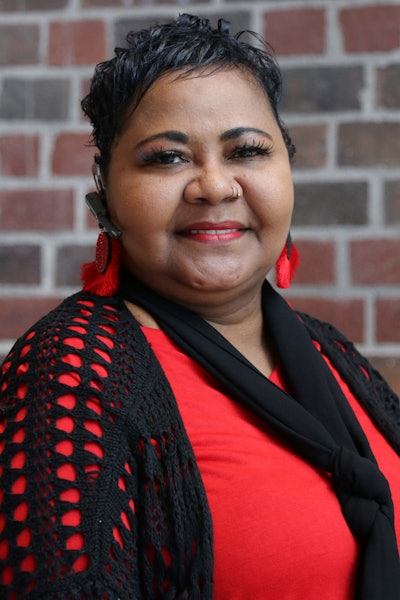On the last day of 2019, I had to purge and get my thoughts out by writing on what is the most troubling study I’ve read on Black youth and racism in quite a while. It has nagged me for over a week, but I could not find the words to express or capture my deep-to-the-heart rage. I am a light sleeper; this study had me tossing and turning more, grinding my teeth more, and desperately wishing I could hug all the young Black student participants. The study was more confirmation of what I know as a Black anti-racist educator, mother, and grandmother who is unapologetic about condemning racism.
The authors conducted an extensive 14-day study in the nation’s capital with 101 Black teenagers aged 13-17. On average, they dealt with five racial incidents daily. This finding is what caused my angst and outrage. How are these teens coping? Do they have help? Where do these Black youth turn for support? How culturally qualified are supporters? Ample data reveal that most teachers and counselors are White. School counselors are rare in Black schools, yet resource officers are prevalent. And the degree to which they and all educators are culturally competent is questionable and problematic. #NoWhereToTurn
 Dr. Donna Y. Ford
Dr. Donna Y. FordCoping with racism –- individual, group, vicarious, implicit, explicit – must be taught. Our Black children of all ages must be taught to not internalize racism, with the recognition that racism can run rampant in schools. Instead of learning academics, far too many are battling discrimination. Microaggressions reaped on Black students include low and negative expectations that feed and fuel achievement gaps, underachievement, and low achievement. The Pygmalion Effect and Teacher Expectation-Student Achievement are powerful and problematic. Our Black children face racism in the larger society, social media, and educational settings. #NoWhereToRunAndHide. There is no place for discrimination of any kind in schools.
I refuse to end this on a note of hopelessness. Black people have shown our resilience – skills to cope with and overcome in spite of mounting obstacles and challenges. We tend to be adept at ‘finding a way out of no way’, as one saying goes.
Still, families must confront racism in schools head on and hold decision makers accountable by exposing discrimination and injustices. We must demand more professional development for all educators devoted to authentic cultural competence. We need to collaborate or take the lead on finding more Black teachers. I am tired of the excuses; we exist. The notion of ‘hidden in plain sight comes to mind.’
This majority White female teaching force must not be left off the proverbial hook. They are doing a great deal of damage; the carnage is real and must not be swept under the rug. Educators must recognize that they are learners too. This means taking responsibility for miseducating Black students and then proactively seeking to be just and culturally competent. Like all children, Black students come to school for the basic academic three Rs; racism is not one of them. #StopRacismInSchools
Higher education professionals must and can do better. Their mission must be re-envisioned and revamped. When there’s a will, there’s a way. Future professionals from all disciplines must not be taught in a cultureblind way. Doing so is a disservice to them and the larger society. Recruiting and retaining authentic faculty of color is crucial. We cannot be afraid of students who feel their privilege is being threatened because we are committed to challenging them to be professionals able to reach and teach Black students. I know all about white tears but refuse to be complicit. I care much more about the tears our Black children cry. They are children not adults.
So, let me end by wiping my own tears on behalf of these 101 Black teens (children), along with a greater resolve to keep speaking and working against racism in society and schools. I can’t and won’t be silent. This is not a New Year’s resolution, which I seldom keep. This is my life’s work.
Dr. Donna Y. Ford is a Distinguished Professor of Education and Human Ecology and Kirwan Institute Faculty Affiliate at The Ohio State University’s College of Education and Human Ecology.





















